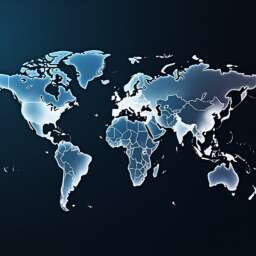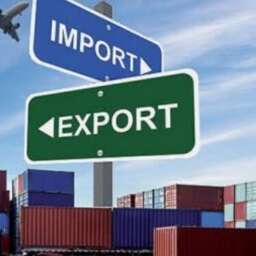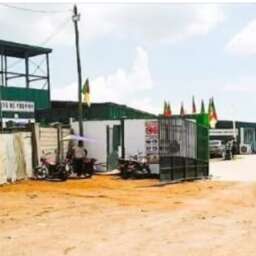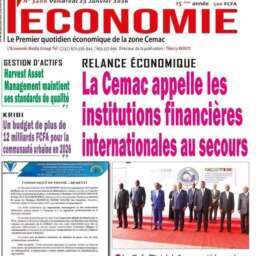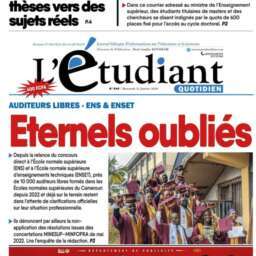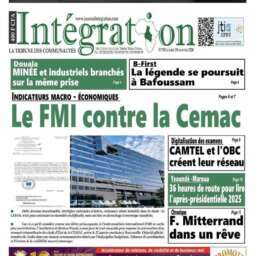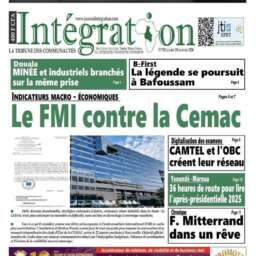(Business in Cameroon) – Cameroon has taken a significant step towards digital border surveillance with the introduction of geo-intelligence technology. A cooperation convention signed in Yaounde on November 7, 2025, between the Director General of Customs, Edwin Nuvaga Fongod, and the resident representative of the Japan International Cooperation Agency (JICA), Kageyama Tadashi, officially brings Cameroon into Japan’s Geoint programme, a digital system designed to analyse geographic and spatial data for operational decision-making. The agreement will help tighten border surveillance and sharpen trade controls.
Geo-intelligence, which merges geographic information, data analytics, and artificial intelligence, will allow customs authorities to monitor border movements using satellite imagery, drones, and digital mapping tools. The technology is expected to help detect illicit activities, assess high-risk zones, trace container flows, and map vulnerable infrastructure across the customs network.
According to information provided during the signing, the system will strengthen border monitoring in sensitive regions, particularly in the North-West and South-West, where weak control points have historically allowed the circulation of arms, ammunition, and other contraband. The technology will also be used to identify fraud-prone corridors and improve the targeting of inspections.
JICA’s training component is designed to build customs officers’ capacity to operate the Monitoring Intelligence Geospatial (MIG) tools. The programme aims to reinforce the fight against smuggling, drug trafficking, and the illegal extraction or movement of mineral resources along African borders.
Kageyama Tadashi emphasised JICA’s commitment to capacity building, stating, “We hope to contribute to strengthening the control of smuggling, drugs, and mineral resources across African borders.”
The deployment of geo-intelligence aligns with Cameroon’s broader efforts to protect customs revenue, currently one of the state’s most significant sources of fiscal income. According to national budget data, customs collections account for more than 25% of annual government revenue, making border leakages a critical economic concern.
By improving the detection of undeclared goods and reducing fraud at entry points, authorities expect the new system to limit revenue losses from under-invoicing, misclassification, and porous border operations. The digital monitoring tools also support faster identification of legitimate shipments, potentially shortening clearance times and reducing congestion at high-traffic customs posts.
Mercy Fosoh



